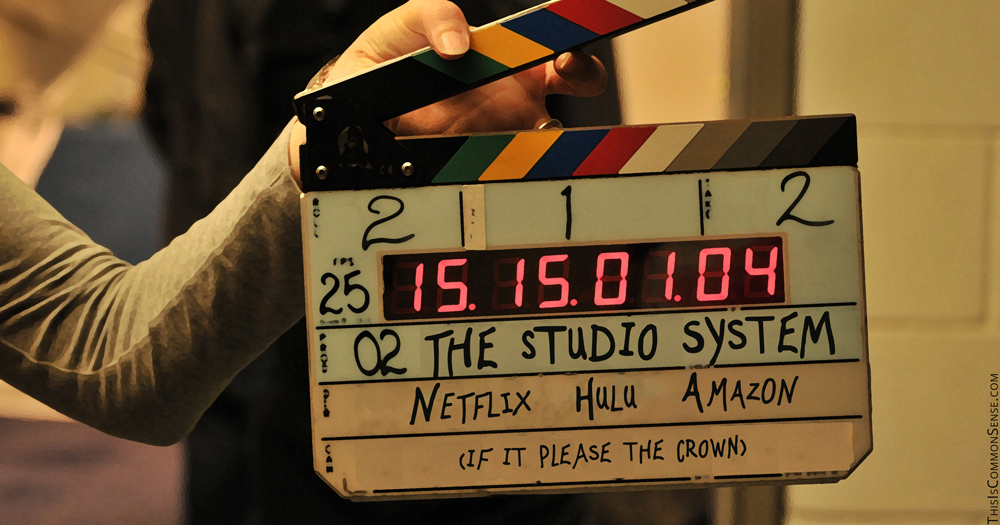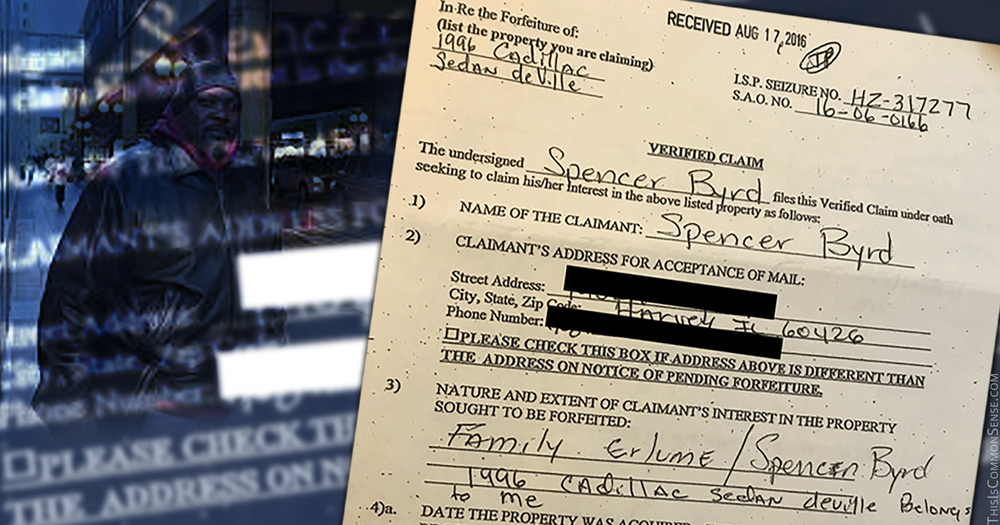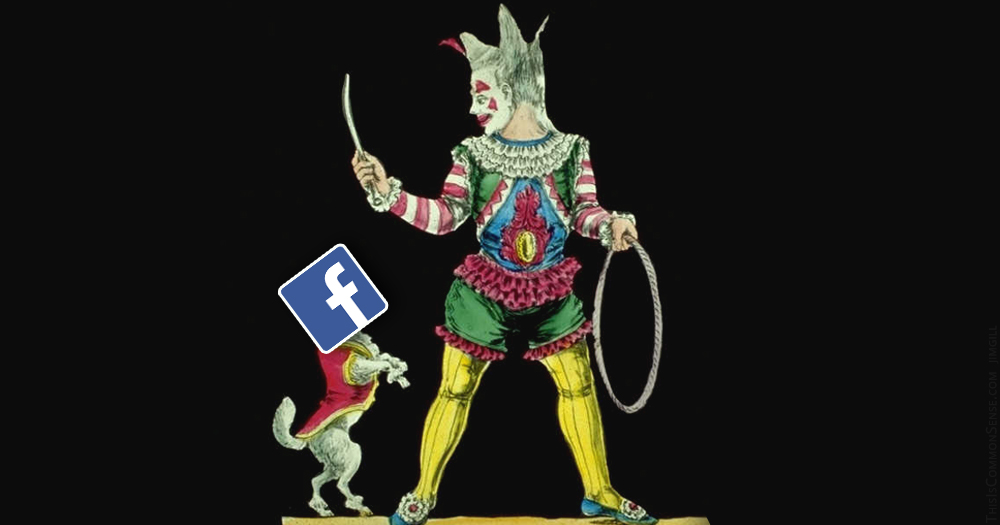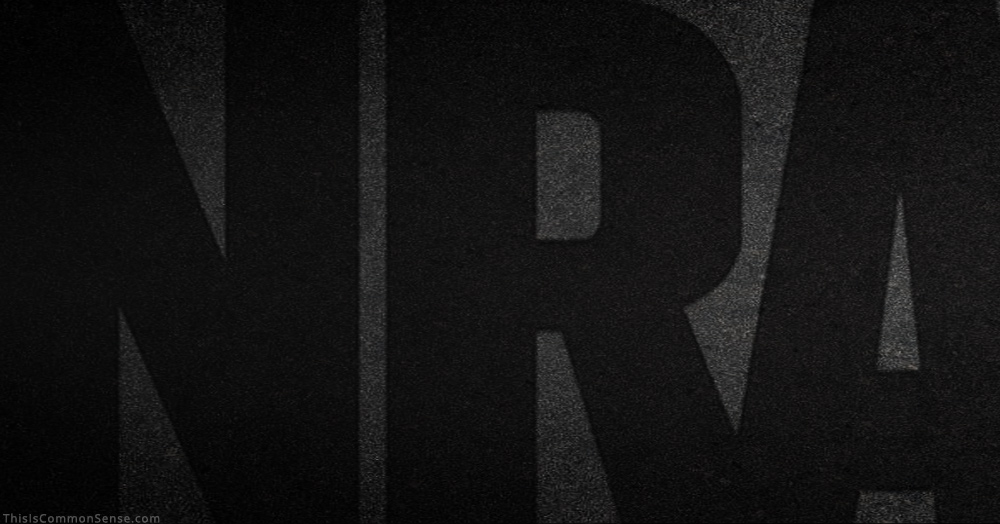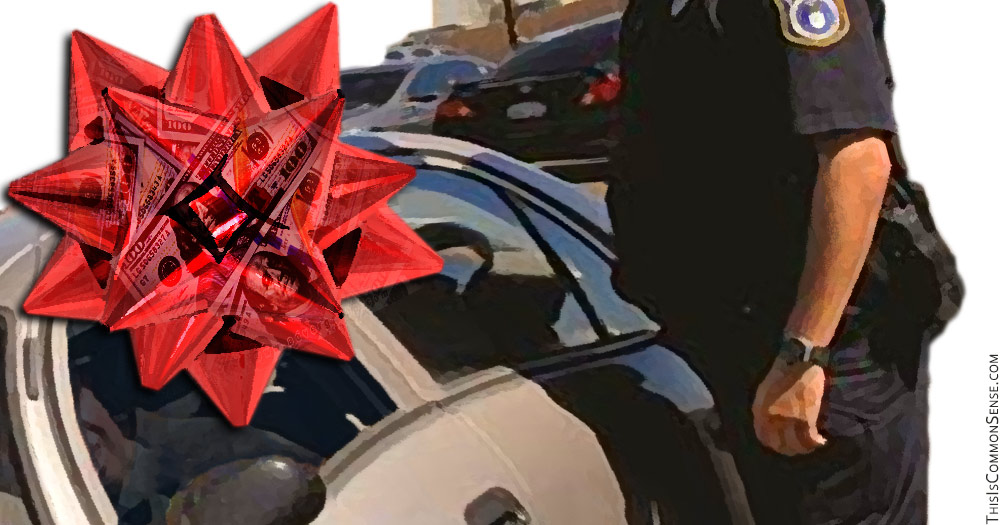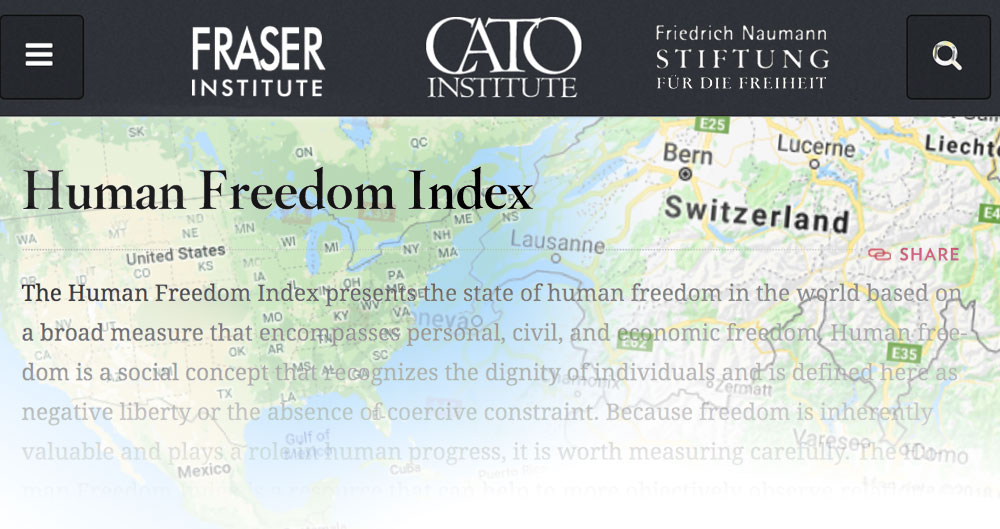Evermore virtue signaling, everless virtue — that pretty much encapsulates Oscars’ night. The industry that brought us Harvey Weinstein and the occasion for #MeToo made the 90th Academy Awards two months ago unwatchable for most of us.
Now, as the Academy of Motion Pictures Arts and Sciences loses touch with audiences around the country, Netflix appears to have decided to horn its way into the Oscars. “Netflix will reportedly begin purchasing movie theatres,” informs The Independent, “to help it get ahead in the race for Academy Awards.
The streaming giant has aimed to land an Oscar nod since the release of its first original feature in 2015, Beasts of No Nation.
I have not seen that film, but I have made time for some entertainment (and a few documentaries) on Netflix. After Stranger Things and Wormwood, I think I can safely repeat a point I’ve made before: this is the new Golden Age of Television.
But Netflix wants more prestige than the TV industry’s “Emmys.”
Whether the company succeeds with the Oscars, notice: Netflix is becoming a major studio — complete with “vertical integration.” Just what the Supreme Court tried to kill in 1948 when it ruled against the studio system’s “monopoly” status.
That decision, plus the rise of broadcast television, dealt a death blow to the studios — and arguably movie quality.
Maybe a new studio system (also courtesy of Amazon Prime, Apple, and other players) will make for a renaissance.
For feature-length films.
If we can just keep government out of it.
This is Common Sense. I’m Paul Jacob.
